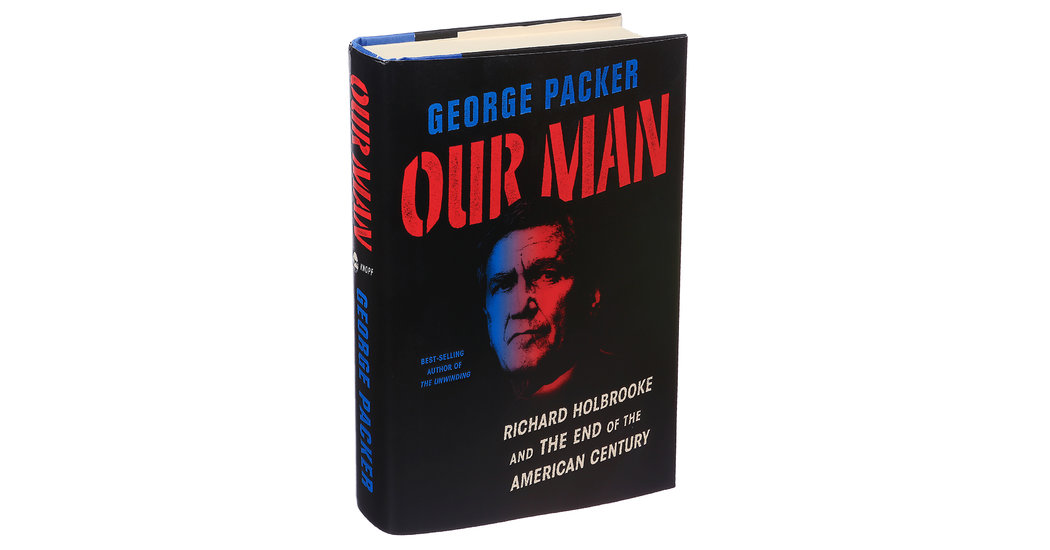
“The Presidential election is just too stupid to watch…you see Ronald Reagan in these neighborhoods with poor people and you can just hear him saying ‘Oh my God what am I doing here?’ But his hair looks really good.”
— The Andy Warhol Diaries on August 21, 1980
My mom, a moderate-to-liberal Rockefeller Republican, intuited the political future in 1976. Though my intention was pulling the lever for the Democratic nominee in my first Presidential election, Mary Louise insisted that I register as Republican so as to vote against Ronald Reagan in the primary. Switching parties could come later. “If that lousy actor becomes President, I’m moving to Canada!” Four years later, he did and she didn’t.
Though the fourth and final installment in Rick Perlstein’s chronicle of the conservative revolution is titled Reaganland, it might just as easily been called Carter Country. Jimmy Carter dominates this capacious narrative’s first half and then some. Which is only appropriate, as he was President during the years under scrutiny. Regarded as a failure on both sides of the aisle, Carter nevertheless was much more than a foil or fall guy for the opposing party, and he emerges from Reaganland‘s thousand-plus pages as a complex character: equally earnest and arrogant, insightful and inept, pious and prickly.
Perlstein’s newest doorstop volume, similar to its three predecessors, is a comprehensive social history. Roughly, Reaganland encompasses three overlapping narratives: the post-convention 1976 election and Carter’s presidency, the so-called Religious Right’s rise to power, the 1980 campaign and election. The book’s sheer breadth and depth prove the adage about history being messy yet this deluge of information offers clarifying flashes of foresight while avoiding pat summary of the past. It’s no data dump.
Still, little is left out of the dismal late Seventies hit parade: Son of Sam, New York City’s blackout, Jonestown, SALT II, Phyllis Schlafly’s successful blockade of the Equal Rights Amendment, Anita Bryant’s shockingly hateful anti-gay rights crusade, the murders of San Francisco’s liberal mayor George Moscone and gay city supervisor Harvey Milk, the Soviet invasion of Afghanistan, and, inevitably, the events leading up to and including the seizure of the U.S. Embassy in revolutionary Iran, even the “Disco Sucks” melee at Chicago’s Comiskey Park during the summer of 1979.
Though Jimmy Carter was in fact a devout born-again Christian, the self-styled Moral Majority, fueled by the booming popularity of religious broadcasting aka televangelism, was ripe for plucking by Ronald Reagan. To this day (though perhaps not eternally), the Religious Right forms the Republican Party bedrock.
“Do you ever feel that if we don’t do it now, if we let this become another Sodom & Gomorrah,” mused Ronald Reagan to the Reverend Jim Bakker, “that we might be the generation that sees Armageddon?” As transcribed by Perlstein, their televised exchange reminded me of first encountering televangelism in 1976, snowbound in a Canton, Ohio motel: Jim Bakker simultaneously raising funds & faith-healing while Tammy Faye shed crocodile tears was the most outlandish television spectacular I’ve ever witnessed.
Reagan’s Armageddon rhetoric about nuclear weapons and the Soviet threat served red meat to his grass-roots supporters, and indigestion to power brokers in both parties. Basically, he had to reassure Republican leaders that he wouldn’t push the doomsday button in a fit of pique. Remembered now as an all-conquering hero, Reagan secured the 1980 nomination at a slow, steady turtle-like pace. He systematically knocked off formidable challenges from Howard Baker, Bob Dole (maybe not that formidable), George H.W. Bush, John Connally, and eventual third-party candidate John Anderson. As Perlstein unpacked the convention drama surrounding Reagan’s vice-presidential pick, I momentarily got lost in a counterfactual daydream. What if Reagan had chosen Gerald Ford as running mate, instead of George Bush, as he seriously considered? We may have been denied, or spared, both future Bush presidencies.
Of course there’s truth underlying the clichés about Jimmy Carter being a scold and Ronald Reagan a sunny optimist. “This is a painful step,” Carter told the American people, “and I’ll give it to you straight: Each of us will have use less oil and pay more for it.” Funny thing is, this speech and others where Carter took to the pulpit and sounded a severe note, did not result in a drop in his popularity. Not at first. Not until the Republican front-runner began to offer a contrasting note of uplift. Even when facts – those funny things – contradicted his homespun anecdotes, Reagan radiated Hope.
“Once Ronald Reagan convinced himself of something,” writes Perlstein, “no one was better at crafting a persuasive case for it, even if it was based on evidence that existed mostly in his imagination.” For the record, this is not at all what our current President practices on a daily basis. Donald Trump doesn’t invest belief in anything or anybody but his own bad self.
Even political mavens who weren’t alive forty years ago will recognize the decisive “There you go again” moment in the fateful debate between Jimmy Carter and Ronald Reagan. I recall watching it on a portable black and white TV in the offices of The Michigan Daily. However, until I read Rick Perlstein’s detailed recounting, I had forgotten how a stolen briefing book helped Reagan best Carter in that celebrated contest. At the time, I was dead certain Carter won but hey, I was living in a lefty college-town bubble.
Throughout Reaganland, Rick Perlstein mostly avoids facile comparisons with Donald Trump so I’ve tried to follow suit here. Yet in conclusion I can’t help reflecting that whether or not one highly rates Ronald Reagan as a leader, it’s hard – impossible – to imagine him or Jimmy Carter (or frankly any subsequent President through Obama) not rising to the challenges of the pandemic in a manner that shames the current White House occupant.


